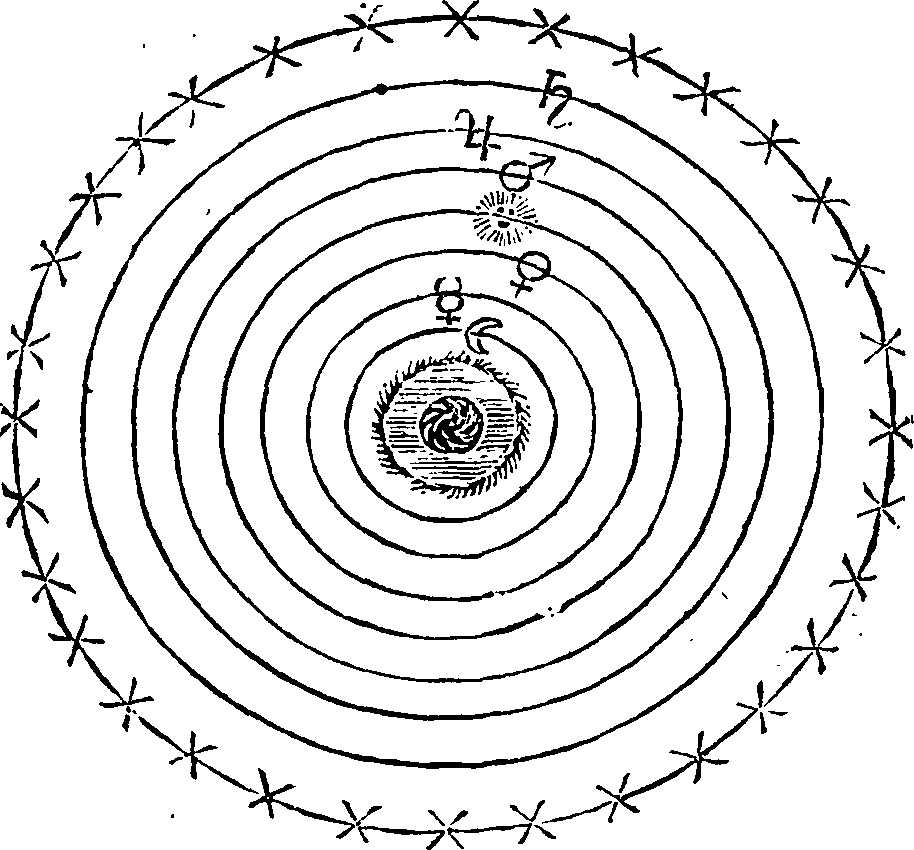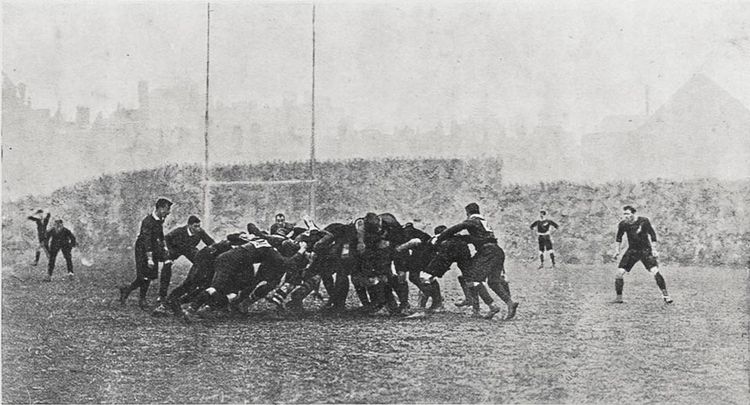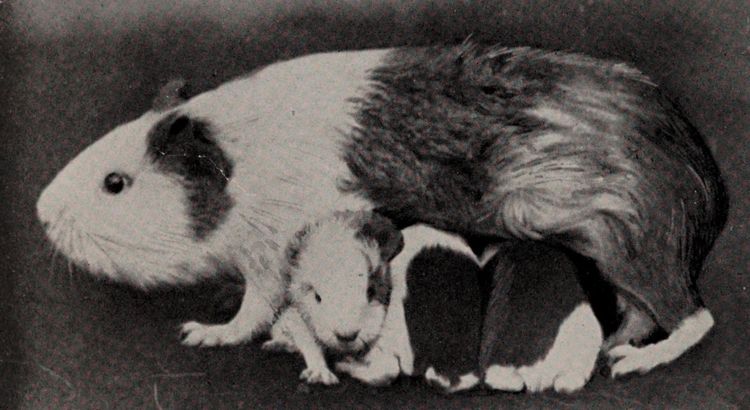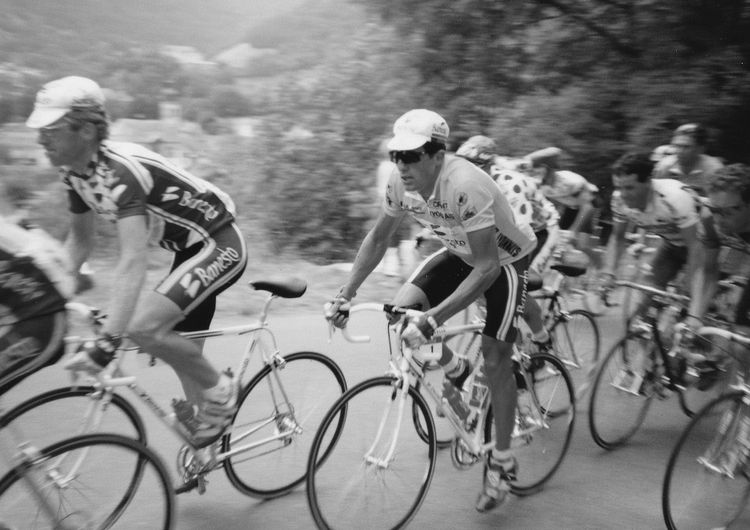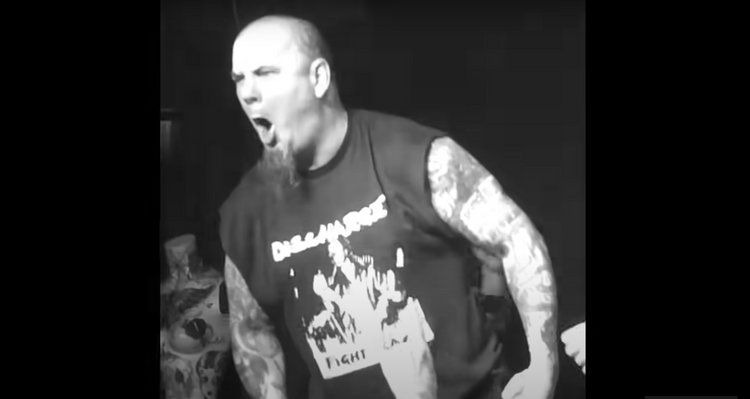Personal Dragon
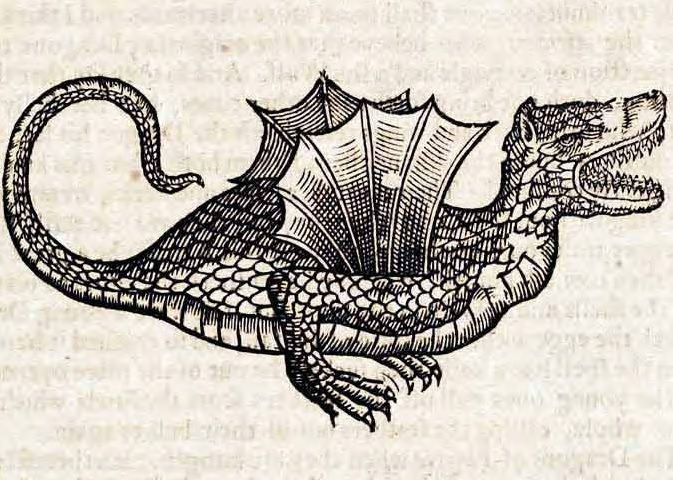
When Dr. Cushing walked into the classroom, I was reading The Hobbit and so, momentarily, I mistook her for one of the characters. She had a stout frame, red hair, jam-jar spectacles, a sack dress, and boots. I was twelve.
"Morning, class. My name is Doctor Cushing. Yes, I am indeed a lady doctor but, no, I can't make you better. In fact, I am your - "
Dr. Cushing took a piece of chalk and started to write on the blackboard in a large scrawl.
PERSONAL
The chalk shrieked its way across the blackboard.
DRAGON
She underlined the words twice and smiled.
"I am your Personal Dragon."
When I got back home, I relayed the details of my strange new teacher to my mother.
"What does she teach?" she said.
"English," I said. "Books!"
English was always my subject. I loved to read and wanted to be a writer. I felt like I was a person that contained worlds, worlds waiting to emerge. Head in a book, I once walked into a wall and knocked myself unconscious.
My mother's worlds were different. She was a woman of statistics, who preferred numbers to words, did sums in her head, and got excited when I brought home long division and simultaneous equations. She started her career as a programmer, writing code for the British Ministry of Defence's weapons systems. Later in life, she would become a secondary school maths teacher. I'm not sure which I find more terrifying.
"What did you say your teacher's name was?" asked my mother.
"Doctor Cushing," I said, waving my arm, writing on a pretend blackboard with pretend chalk.
"Ask her if she taught at West Hatch in Chigwell," my mother said after a pause. "Ask her if she remembers Lindsey Rogers."
The next day, Dr. Cushing crashed into the classroom five minutes late. She heaved a weighty satchel onto the desk.
"Okay, let's get this lesson started. What's your name?" she said, pointing at me."
My eyes widened.
"Adam Thomas."
"Pass these out to your fellow students."
I handed a new copy of John Meade Falkner's Moonfleet to every child in class. Moonfleet features a world in which children are left to fend for themselves. Early in the book a young person dies. Many of the book's adults are devious and intimidating. The child protagonist John Trenchard is an orphan. No-one is to be trusted, least of all the authorities.
Looking back, I understand why books are so important to children. They are filled with unmediated worlds where rules are different. They teach children about agency and authority, humour and kindness. I learned that grown-ups could be knowledgable and fallible. They were in charge, but they also made things up. You had to pick your adults carefully and work out who was on your side.
As we took turns to read, I became ensnared in the book's story of smugglers and coves and mysterious lights in the churchyard. The crypts and coffins and ghosts filled my head. The lesson's end came quickly.
After the bell rang, I waited for the other children to file out and went up to Dr. Cushing's desk.
"Miss?" I said. "I mean, Doctor."
She lowered her head and peered over the top of her spectacles.
"Yes?"
"Did you teach at West Hatch school in Chigwell?" I said. "It was a long time ago."
"West Hatch?" She scrutinised my face. "Yes, Mr. Thomas, I did. Why do you ask?"
"Did you teach Lindsey Rogers?"
Dr. Cushing's energy went somewhere for a moment, as if it were a full moon obscured by a cloud, and then came back. She leaned forward, ready to share a secret.
"That was a long, long time ago. And your next lesson has already started."
At teatime, I told my mother what Dr. Cushing had said.
"Ask her again," said my mother.
The following morning, Dr. Cushing stood in front of the class.
"About three hundred years ago, I went to teacher school." She arched an eyebrow. "That's where they teach you to be a teacher. I learned nothing. However, my life has taught me three lessons that I insist you obey at all times."
She raised a solitary finger into the air.
"Number one. Whenever you enter a room, open all the windows. Oxygen is excellent for developing minds."
Dr. Cushing lowered her finger.
"So, what are you waiting for? Let's get those windows open!"
Children scrambled for the window latches. Cool air poured into the room.
Dr. Cushing then sat on a chair at the front of the class, facing the blackboard. She leant back until she was teetering on the rear legs of the chair, and swivelled her head towards us.
"Number two. Never swing back on your chairs. If you do as I am now, it might just happen that you fall off completely. And do you know what happens then? You hit the floor, your spine shoots through your brain, and it makes a terrible mess. Plus, you're dead."
Dr. Cushing leaned forward suddenly, bringing the raised legs clattering onto the floor. She jumped up, turned round, and surveyed the class, sweeping her focus from left to right, somehow making eye contact with everyone at the same time.
"The third rule in my class is very simple and the most important."
I wondered if I should be writing these down. I looked around. No-one was writing anything down.
"Number three. You must never, ever come to class with jam on my books. Do I make myself clear?"
"Yes," we chorused, bemused.
"Good. Now scram, all of you, or you'll be late for your next class."
I picked up my schoolbag and made for the door.
"Mr. Thomas," she called after me. "Haven't you forgotten something?"
I stopped, thought about my spine shooting through my skull, and held my breath. Dr. Cushing was waving a copy of Moonfleet in my direction. I couldn't see any jam on the cover.
"You're good at English. Take care of this and it will take care of you."
I exhaled.
She was one of them! She spoke with a fierce voice and looked like she might breath fire, but if I followed her rules, she would look out for me. She wasn't going to bury me on a cliff in the moonlight, or come out of a crypt to get me. She was on my side. She was my Personal Dragon.
"Thank you," I said. I took the book from her.
"Your mother was very bright, Mr. Thomas. If you work as hard as her, you'll do well. She was very bright."
Thanks to my Foster editors Jillian Anthony, Florian Maganza, DJ McCauley, Lyle McKeany, Rhishi Pethe, Dani Trusca, and Rajat Mittal. And thanks to Julia, for all the books.
If you are new here, feel free to subscribe to my newsletter. You'll get creative non-fiction and essays exploring different themes, every Saturday.
